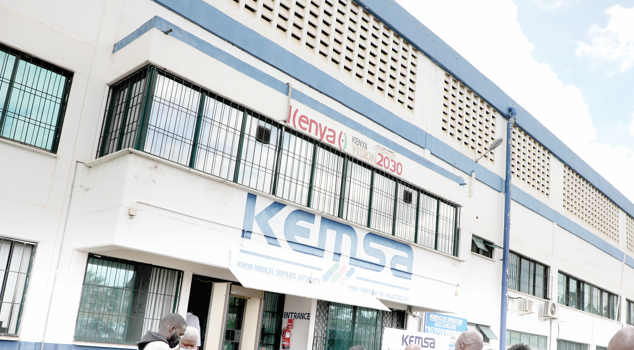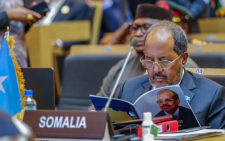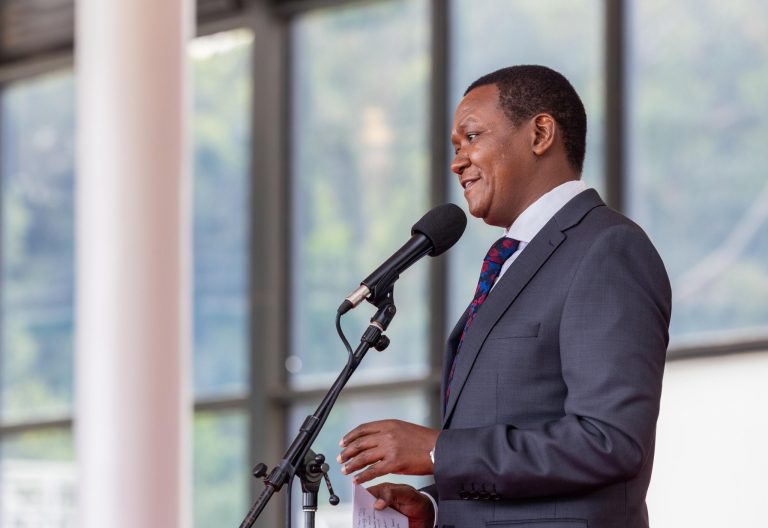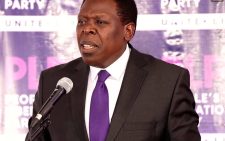Witnesses may have lied, ICC officer admits in bribery case
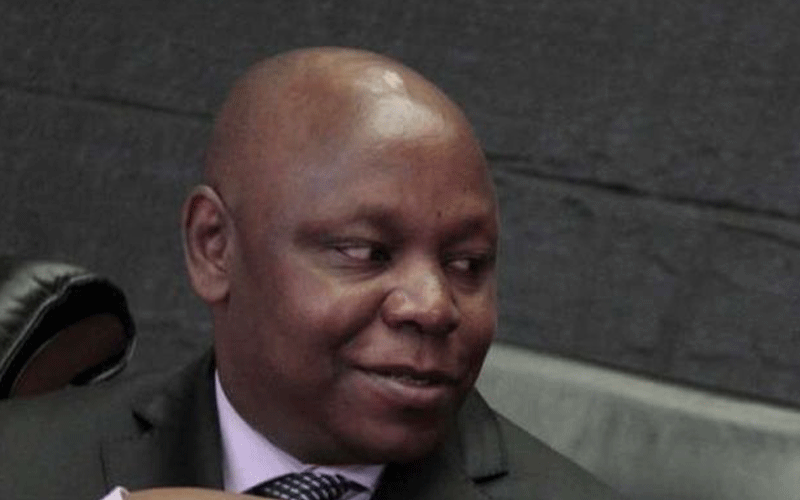
The lead investigator in lawyer Paul Gicheru’s bribery case International Criminal Court International Criminal Court (ICC) yesterday admitted that it may have been possible that some witnesses lied to the investigators to get onto the protection list.
Gicheru’s lawyer Michael Karnavas during the cross-examination claimed that some witnesses were influenced by their fellow witnesses on what to say in the Deputy President William Ruto and Joshua Sang case.
P-0730 in response claimed it was possible as they were not able to come to Kenya and go specifically to Rift Valley to verify the claims.
“Knowing that these witnesses had these relationships prior to meeting with your OTP …they had lived together, were neighbors, do you allow for that possibility that perhaps some witnesses are influencing other witnesses on what to say to the investigators?” asked the defence counsel.
“It is possible,” replied the witness.
“And in those instances, would it not also be fair to say that despite your years of experience, both in your international jurisdiction and here with the ICC and despite your innovative tools that you have, you would not have been able to learn or discern whether that in fact what was happening in some instances, right?” asked the defence counsel.
“In this case it was a fact that there was an issue of credibility of witnesses and that’s why I came with various techniques to try to solve the issue,” replied the witness.
The witness further admitted that there was interconnectivity between several witnesses in the Ruto and Sang case after Karnavas claimed some of the witnesses in the list were neighbors and were working together to get in the witness list.
“There was interconnectivity because if we say Mr and Mrs X were victims and we ask them who was present and they say Mr Y was present, we will talk to Mr Y as a way of getting the list of witnesses,” said the witness.
The witness further admitted that ICC investigators could not account for everything that the witnesses under their protection were doing.
The international court heard that the investigators only relied on first hand witness account, as they had no way of tracing back the money they claimed to have received as bribes.
“We did not have complete coverage of the people so we could not know what they were doing, only when they were in the presence of the investigators,” he continued.

